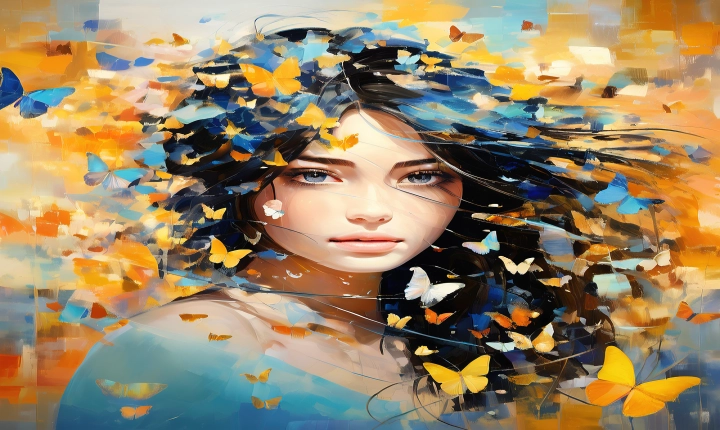Can AI Create New Things?
Artificial Intelligence (AI) has made tremendous strides in recent years, from beating human champions in complex board games like chess and Go to driving cars autonomously. However, one question that still remains is whether AI can create new things, such as original works of art, music, or literature.
Artificial Intelligence has shown the ability to create things that can be perceived as new and original. For instance, AI algorithms are being used to generate paintings, music pieces, and even designs for products. These creations may not have been developed by a human hand, but they demonstrate the potential of AI to produce new and unique content.
One significant field where AI has shown promise in creating new things is in the domain of visual art. Generative Adversarial Networks (GANs), a type of AI architecture, have been used to create visually stunning and original pieces of art. These networks are trained on large datasets of artwork, and then they can generate new images that are often indistinguishable from human-created art. Some contemporary artists are even collaborating with AI systems to produce new and innovative artworks.
In the realm of music, AI has also shown the ability to compose original pieces. Researchers and musicians have been experimenting with AI algorithms to generate new music, often mimicking the styles of famous composers or creating entirely new genres. While the debate continues on whether AI-generated music can truly be considered authentic, there is no denying that AI is capable of creating compositions that can evoke emotions and resonate with audiences.
Literature is another area where AI has made strides in creating new content. AI language models have been trained on vast amounts of text data, enabling them to generate coherent and original written material. Some AI systems have even been used to compose poetry, generate stories, and even write news articles. While the quality of the writing might not match that of a human author, it is astonishing to see how AI can produce text that is grammatically correct and often convincing.
Despite these advancements, there are limitations to AI’s ability to create new things. One of the criticisms is that AI-generated content lacks true creativity and originality, as it is essentially a product of algorithms and training data. While AI can produce convincing imitations of human-created works, it may struggle to express the deeper emotional and conceptual nuances that are intrinsic to human creativity.
Furthermore, the ethical implications of AI-generated content are a subject of ongoing debate. As AI systems become more proficient at mimicking human creativity, questions of copyright, ownership, and authenticity arise. Who owns the rights to AI-generated art, music, or literature? How do we distinguish between original human creations and AI-generated imitations?
In conclusion, AI has made significant strides in creating new things, from art and music to literature. While the authenticity and creativity of AI-generated content may be debated, there is no denying the potential of AI to produce new and original works. As AI continues to evolve, it is important to consider the ethical and philosophical implications of AI creativity and to appreciate the unique aspects of human creativity that may not be easily replicated by algorithms.
